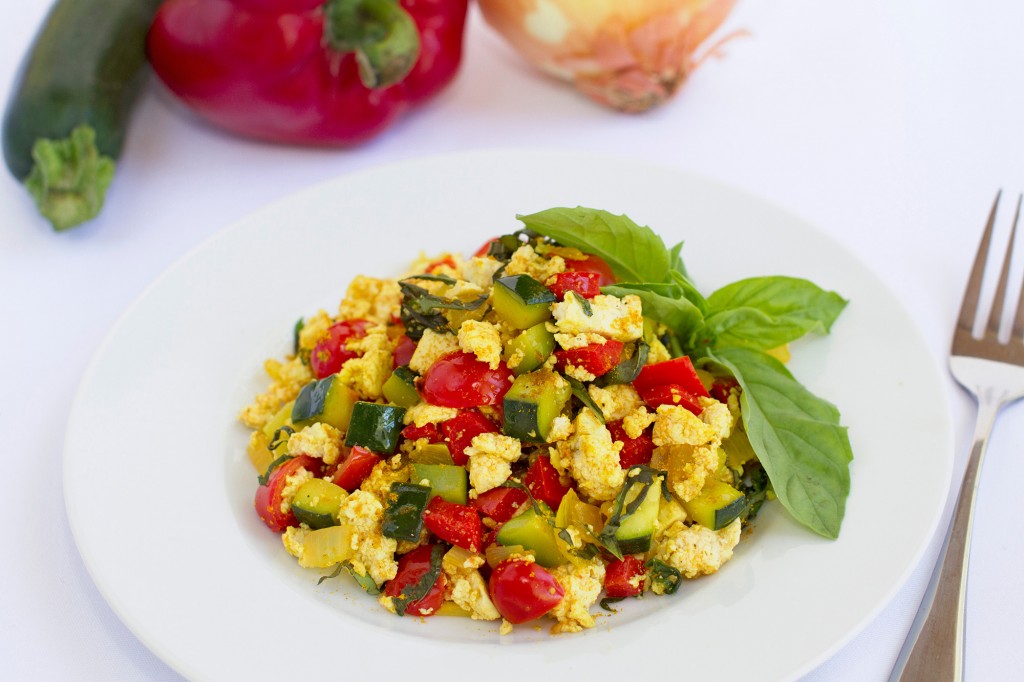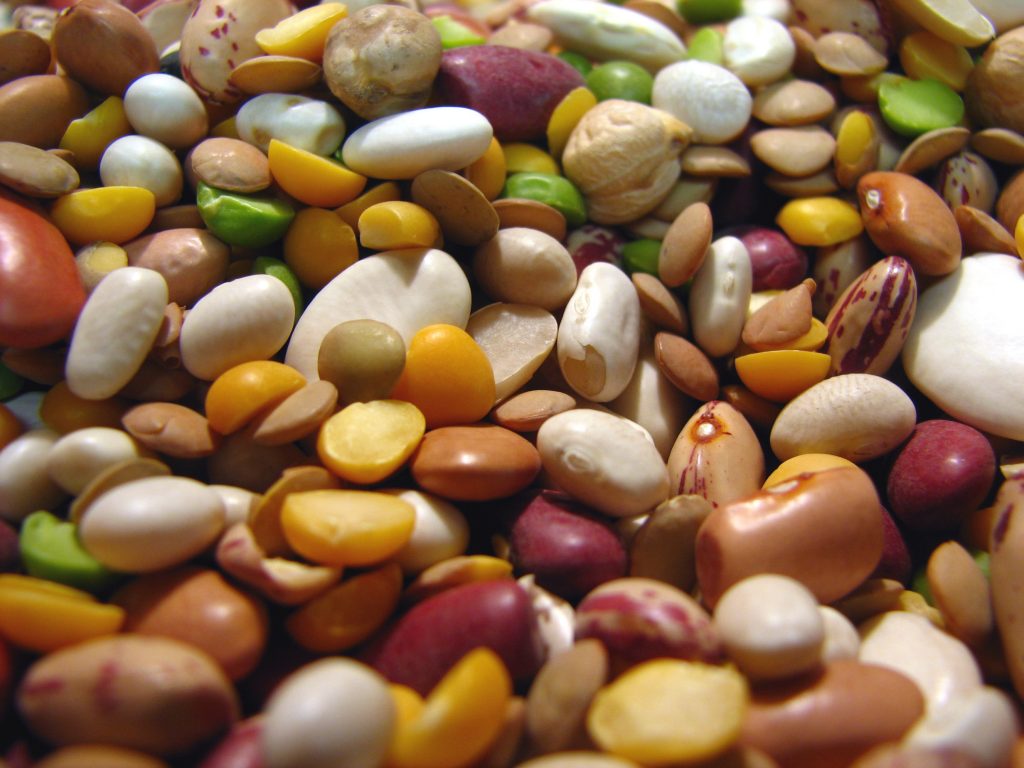
What are Your Thoughts on Protein Powders?
Photo Credit: Health Gauge, via Flickr Creative Commons
It’s not just the amount of protein, it’s the type of protein that matters. Plant-based proteins are healthful for you; animal-based proteins are unhealthy for you.
The Ornish Program uses primarily plant-based proteins and we recommend food sources over powders when possible.
One of the most common concerns when people begin eating a mostly plant-based diet is that they receive enough protein. We need only about 10 percent of the calories we consume to be from protein. Athletes and pregnant women need a little more, but if you’re eating enough calories from a varied plant based diet, it’s hard to not get enough.
The amount of protein that one needs has been debated for a long time. Most studies indicate that the healthiest diets have from 8-15% of calories as protein. It appears that a sweet spot in the 10% range exists. A recent study that compared high protein intake to low protein intake showed that if someone less then 65 years old and is eating a high protein diet there is a 75% increase in overall mortality, a 400% increase in cancer, and a 400% increase in type 2 diabetes. This was less or none if the proteins were plant based. Our diet, when done properly, is a primarily plant based diet that includes legumes, soy and egg whites and is approximately 10% protein.
If someone is unable to eat legumes, soy, or egg whites and wants to supplement protein, then it’s reasonable to consider other plant protein sources like a plant based protein powder in moderation. There are many options for plant based protein powders including soy, rice, pea, and hemp.
But remember, too much of a good thing can be bad. Like nitrogen on your lawn a little is good and too much will burn the grass.
The Ornish Program uses primarily plant based proteins and we recommend food sources over powders when possible.









